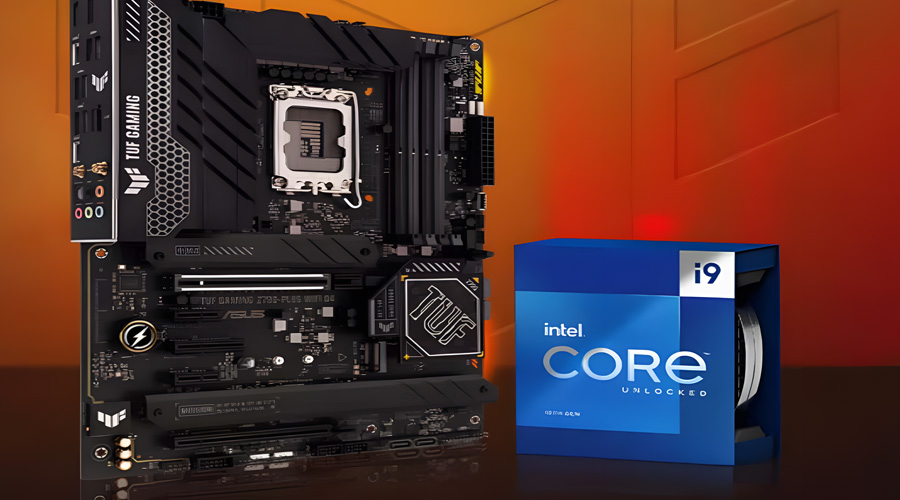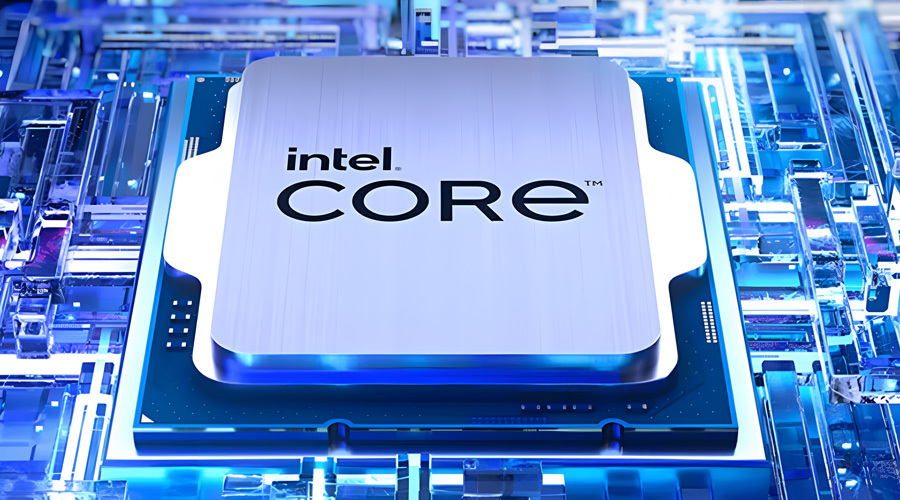Why Golang, Java, Python, and C/C++ are More Suitable as Long-Running Processes Compared to PHP?
The reasons why Golang, Java, Python, and C/C++ are more suitable as long-running processes compared to PHP can be analyzed mainly from the aspects of language characteristics, memory management, concurrency handling capabilities, and ecosystem:
Language Characteristics
Golang, Java, Python, and C/C++ are designed to support more complex program structures and long-term operation. For example, Golang has built-in concurrency support (goroutines), Java boasts powerful object-oriented features and a rich class library, Python offers dynamic typing and extensive library support, and C/C++ provides direct control over low-level hardware and efficient memory management.
PHP, on the other hand, is primarily designed for building dynamic web pages, with its lifecycle typically tied to the HTTP request-response cycle. While PHP can also be used to write long-running processes, this is not its original design intent, and it may therefore lack some necessary features and optimizations.
Memory Management
- Golang, Java, and Python have relatively sophisticated garbage collection mechanisms, which help manage memory usage in long-running processes. Among them, Golang's garbage collector is particularly efficient, maintaining low latency in high-concurrency scenarios.
- While C/C++ requires manual memory management, it offers higher flexibility and performance optimization options. As long as programmers carefully manage memory, C/C++ programs can also run stably for long periods.
- PHP's memory management is relatively weak, lacking dedicated garbage collection routines and effective memory management methods. Long-running PHP processes may crash due to memory exhaustion.
Concurrency Handling Capabilities
- Golang's goroutines and channels provide lightweight concurrency handling capabilities, enabling Golang programs to efficiently process a large number of concurrent connections and requests.
- Java's threads and concurrency libraries (such as java.util.concurrent) also offer powerful concurrency handling capabilities, supporting various concurrency patterns and advanced features like thread pools.
- Python's threading and multiprocessing modules, while not as powerful as Golang and Java, provide basic concurrency handling capabilities. Additionally, Python's asyncio library supports asynchronous programming patterns.
- C/C++ can achieve concurrency handling through libraries such as POSIX threads (pthreads) or Windows threads, but programmers need to manage the lifecycle and synchronization of threads themselves.
- PHP lacks built-in threading and non-blocking mechanisms, making its concurrency handling capabilities relatively weak. While concurrency can be achieved through multiprocessing or other methods, the efficiency and maintainability are not as good as the aforementioned languages.
Ecosystem
- Golang, Java, and Python have large developer communities and rich ecosystems. This means that these languages have more libraries, frameworks, and tools available for use, and it is easier to find relevant documentation and support.
- While C/C++ may not be as "modern" as the aforementioned languages, it also has a vast codebase and widespread community support. Additionally, C/C++ is the preferred language for many low-level systems (such as operating systems and databases).
- PHP's ecosystem, while also rich, is mainly concentrated in the field of web development. For scenarios such as long-running processes, PHP has relatively less community support and resources.
In summary, Golang, Java, Python, and C/C++ are more suitable as long-running processes than PHP in terms of language characteristics, memory management, concurrency handling capabilities, and ecosystem. This does not mean that PHP cannot be used in these scenarios, but it may require more effort and optimization compared to the aforementioned languages.








Comments (0)